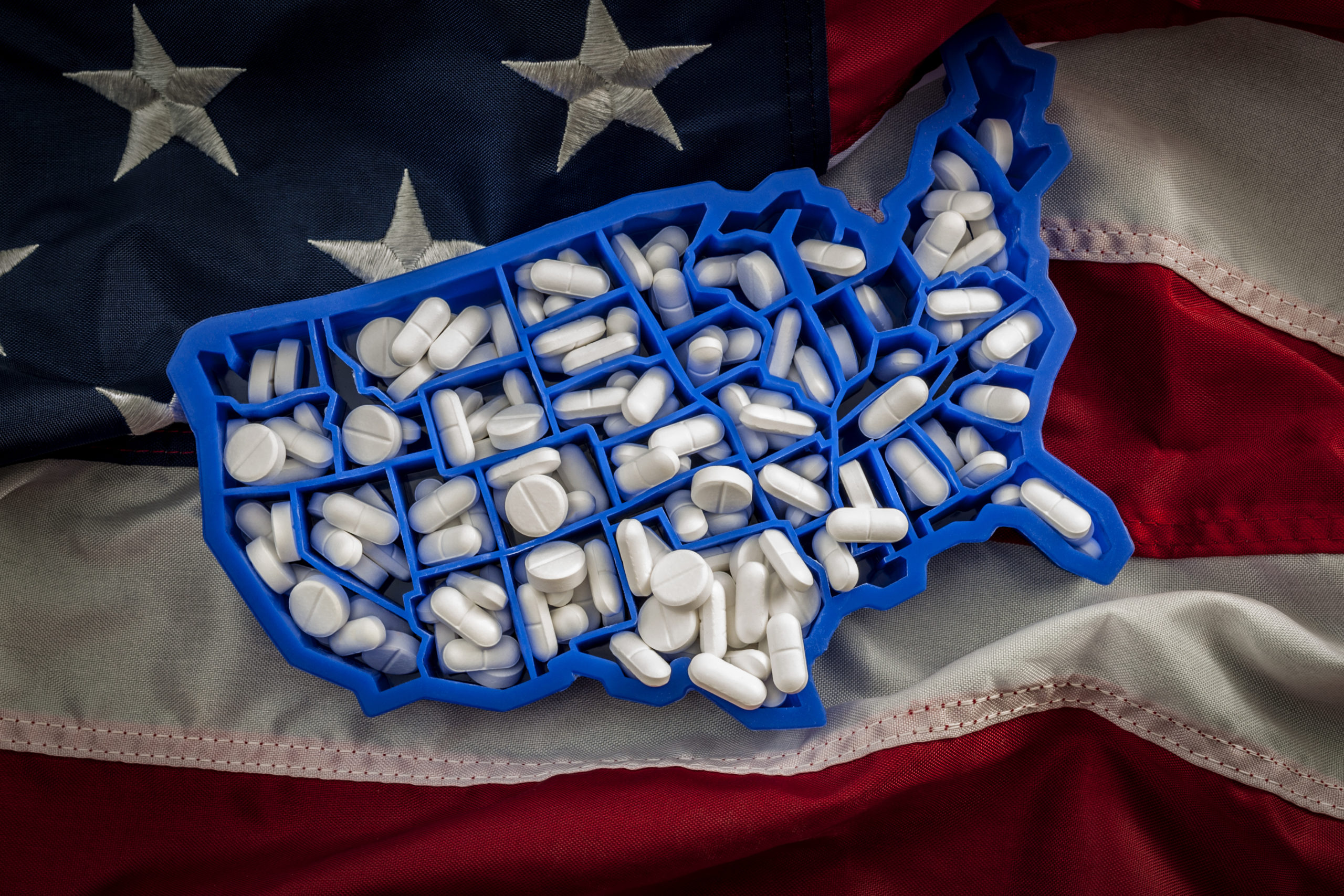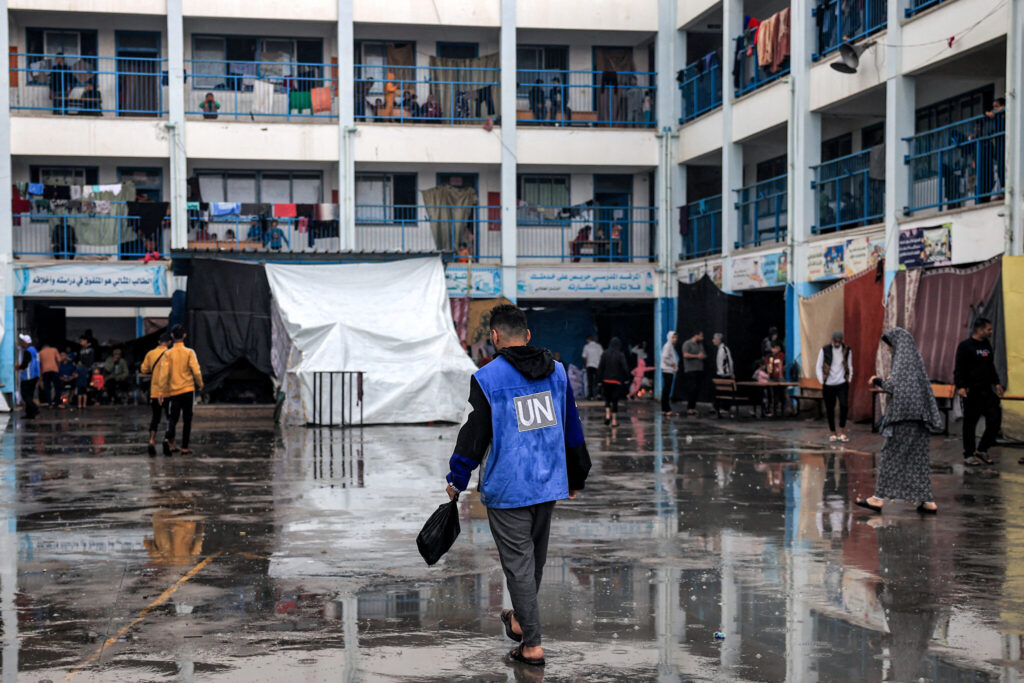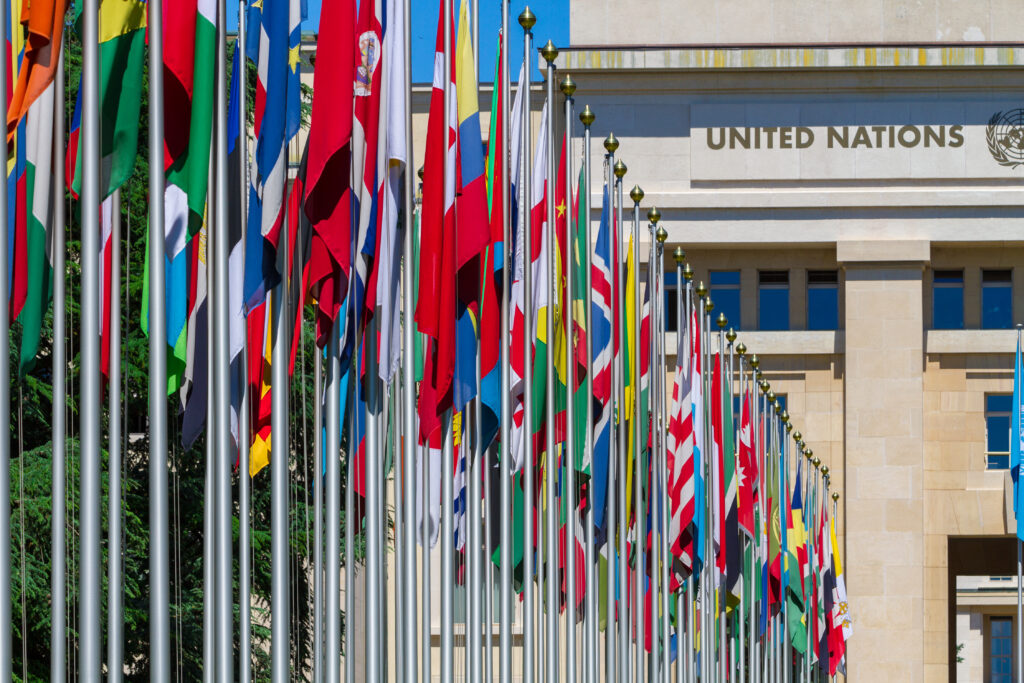By Jordie Hannum
According to the 2018 World Drug Report, the production of opium is at the highest level ever recorded, and drug trafficking of synthetic opioids such as fentanyl – a drug 30 to 50 times more potent than heroin – continues to grow rapidly, online and across borders.
Here in the U.S., the Centers for Disease Control and Prevention (CDC) reported in 2017 that of over 70,000 overdose deaths, two-thirds were linked to opioids or synthetic opioids like fentanyl.
Tragically, this means on average that 130 Americans die every day from opioid abuse. In addition, put even more broadly, nearly 1 out of 3 Americans knows someone who is or has been addicted to some form of opioid.
A crisis of this magnitude will require more than just action here in the United States. As Richard Baum, former Acting Director of the National Drug Control Policy office under the Trump Administration noted, “Global cooperation is central to addressing the U.S. opioid epidemic.”
Over the past few months, the Better World Campaign (BWC) has taken an active role in two Congressional events focused on global cooperation and how the United Nations is addressing both the public health and trafficking dimensions of the crisis.
On February 28, BWC co-hosted an event with Senator Jeanne Shaheen on U.S.-UN Efforts to Combat the Opioid Crisis which included Phil Welzant, Senior Drug Advisor in the Department of State’s Bureau of International Narcotics and Law Enforcement Affairs (INL); Dr. Angela Me, Chief of Research from the UN’s Office on Drugs and Crime (UNODC); Dr. Nata Menabde, Executive Director of the WHO Office at the UN, New York; and Kevin Roy, Chief Public Policy Officer for Shatterproof.
On May 17, at the request of Congressman David Trone (D-MD) and seven fellow members of the Freshman Working Group on Addiction, I joined UNODC’s Dr. Me and James Walsh, Principal Deputy Assistant Secretary within the INL Bureau, to delve even more deeply into the international aspects of the crisis, U.S-UN partnership, and efforts to combat trafficking.
One example of the U.S.-UN partnership raised during the briefings stems from 2017. During the annual UNODC high-level conference, at the request of the U.S., Member States voted to “schedule” two primary ingredients that are used to produce fentanyl, adding them to an international control list. At the time, the State Department said that “this action will make it harder for the criminals that are illicitly producing fentanyl to access the necessary resources. It will require countries to regulate the production, sale, and export of the precursors to fentanyl, and to criminalize sale or trafficking outside of those regulations.”
During both the February and May sessions, Phil Welzant and Jim Walsh from the State Department made clear that a key reason why the U.S. works with organizations like the UN is due to their convening authority, which can result in countries meeting more stringent standards.
Moreover, Dr. Angela Me emphasized that agencies like UNODC also provide critical on the ground assistance to many countries through dozens of field offices. This “technical assistance” can mean everything from operating early warning laboratories that can discern if a new substance needs to be “scheduled”; sharing aerial imagery of poppy fields so those governments can eradicate the fields; and helping law enforcement determine where fentanyl production is happening within their borders.
Of course, combating this scourge also means addressing the public health aspects and, on this front, the World Health Organization plays a vital role. For example, WHO supports countries in monitoring trends in drug use and related harm to better understand when opioid dependence and opioid overdose is occurring and to share that information widely so that other countries can respond more quickly.
As Congressman Trone – who chaired the May 17 discussion and whose family experienced the heartbreak of losing a loved one to addiction firsthand – has noted before, “No family should have to wrestle with this kind of grief, yet over 70,000 people died of drug overdoses last year alone. That’s why we’ve launched the Freshmen Working Group on Addiction. This working group will lend fresh eyes to one of the most devastating crises facing our country and serve as a catalyst for bipartisan cooperation and action.”
Last week, members of the Freshmen Working Group on Addiction met to discuss international aspects of the opioid crisis and efforts to combat trafficking. It is always a pleasure to work with like-minded folks dedicated to ending this epidemic. pic.twitter.com/LKcmfKSTq9
— Rep. David Trone (@RepDavidTrone) May 20, 2019
Moving forward, the UN can partner in these efforts and help the U.S. and other nations stem the tide of addiction and greatly reduce –and hopefully one day end – the devastating impact of opioids and synthetics on communities in this country and abroad.




